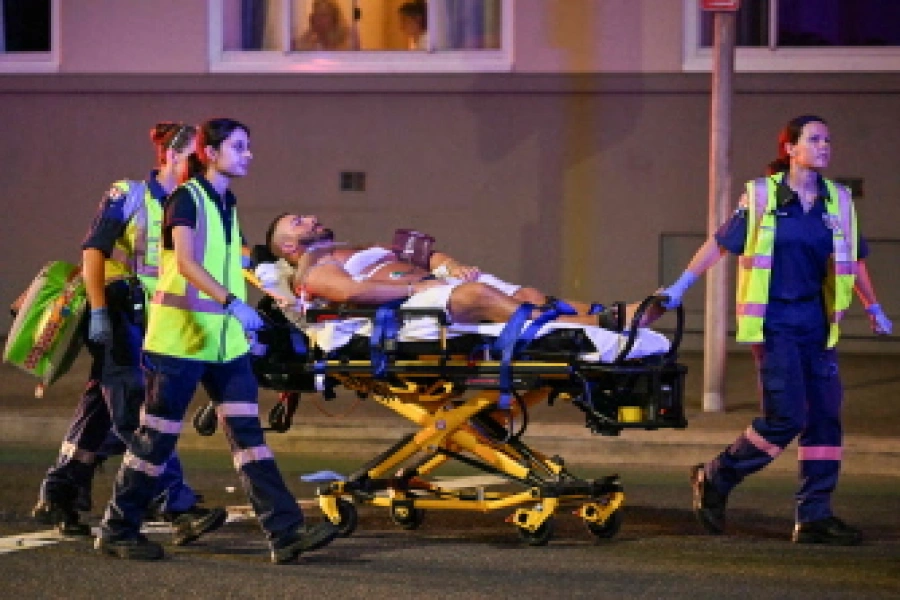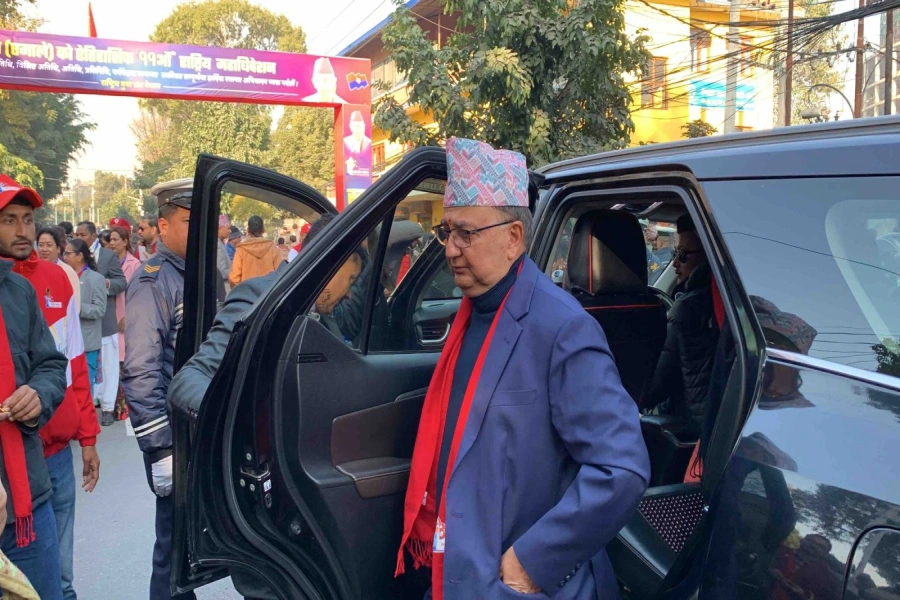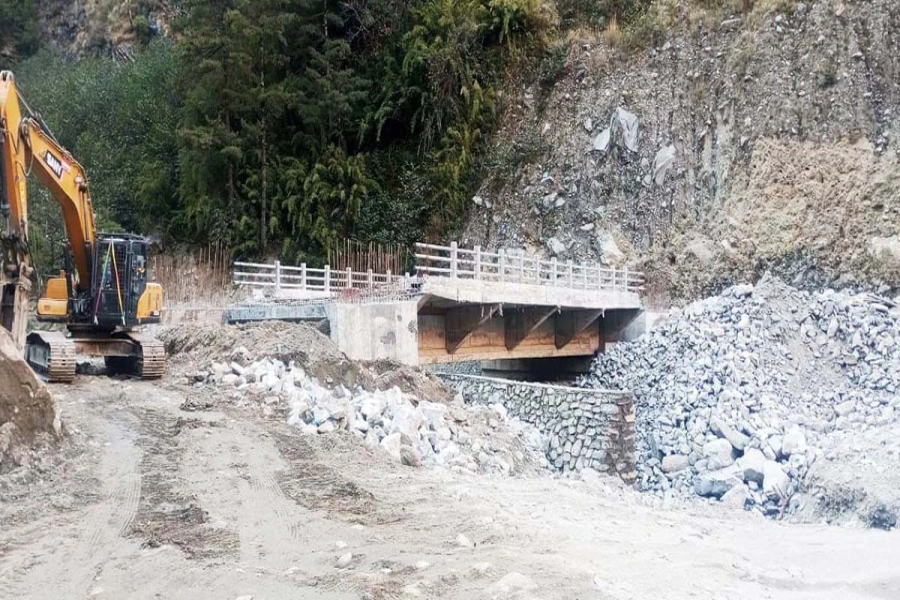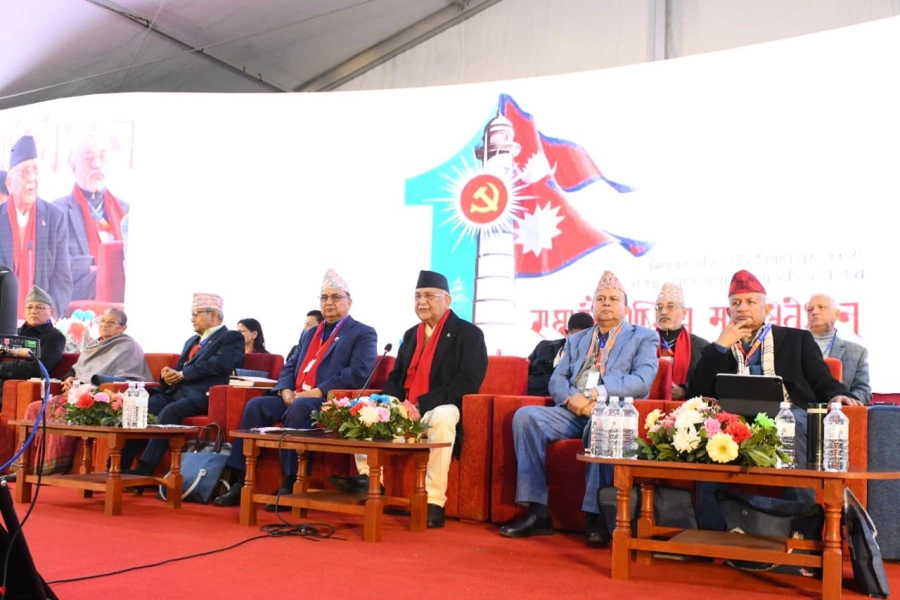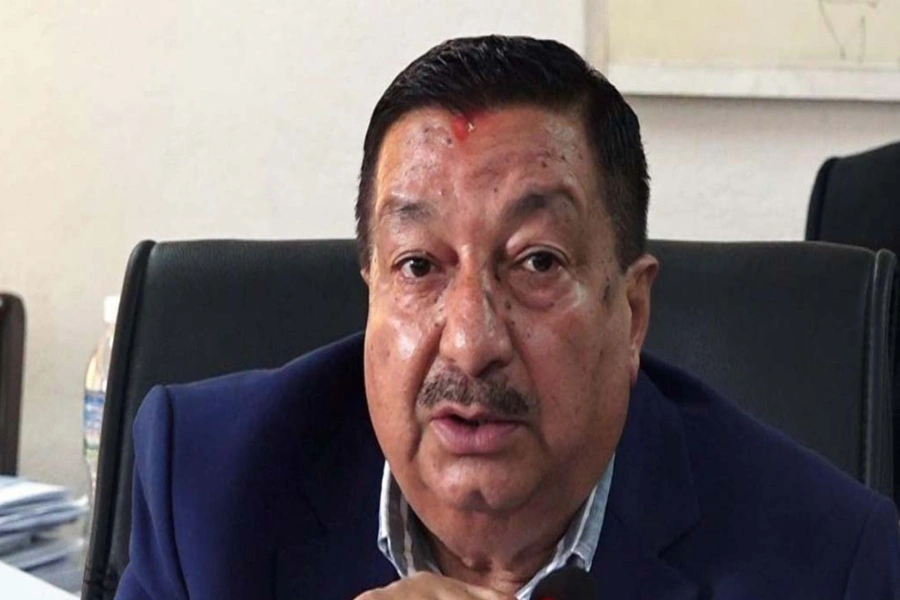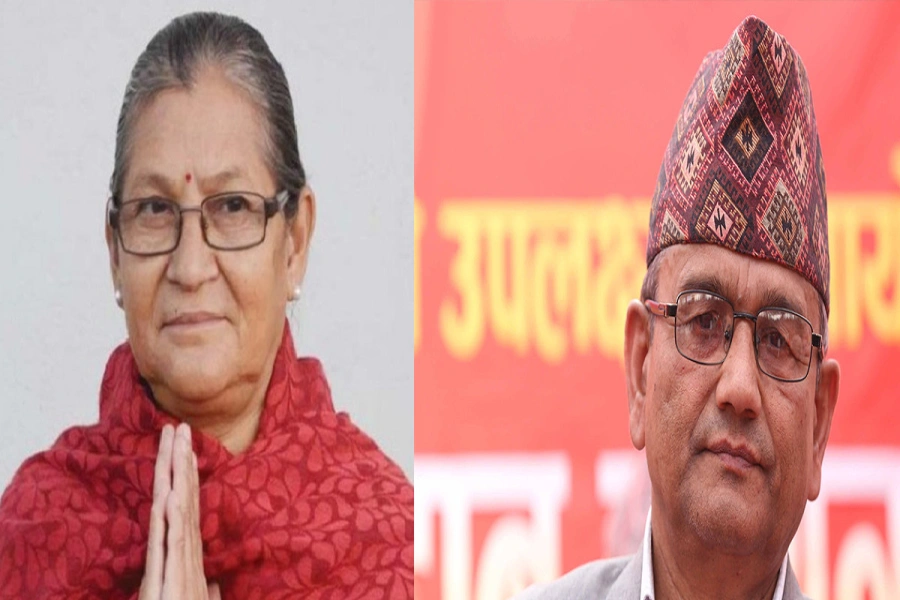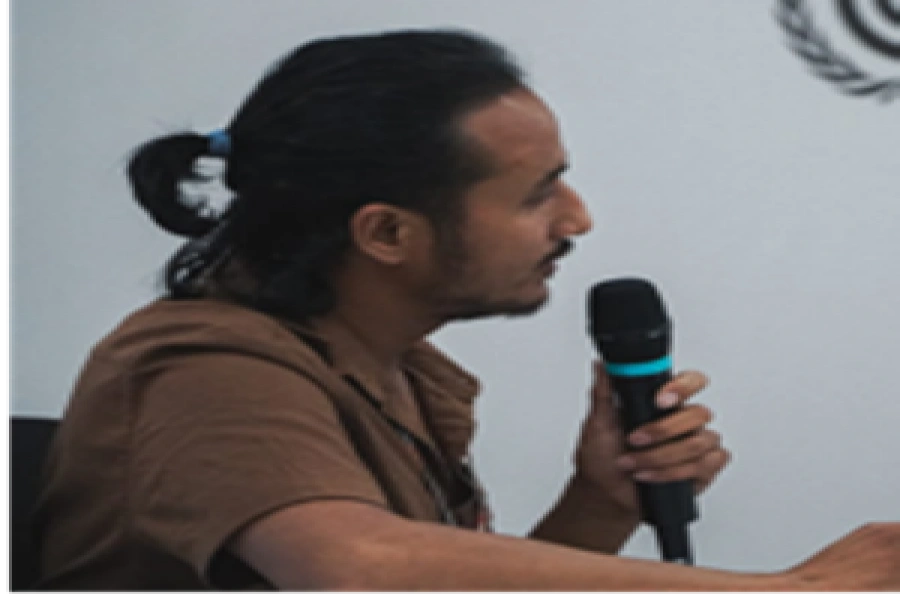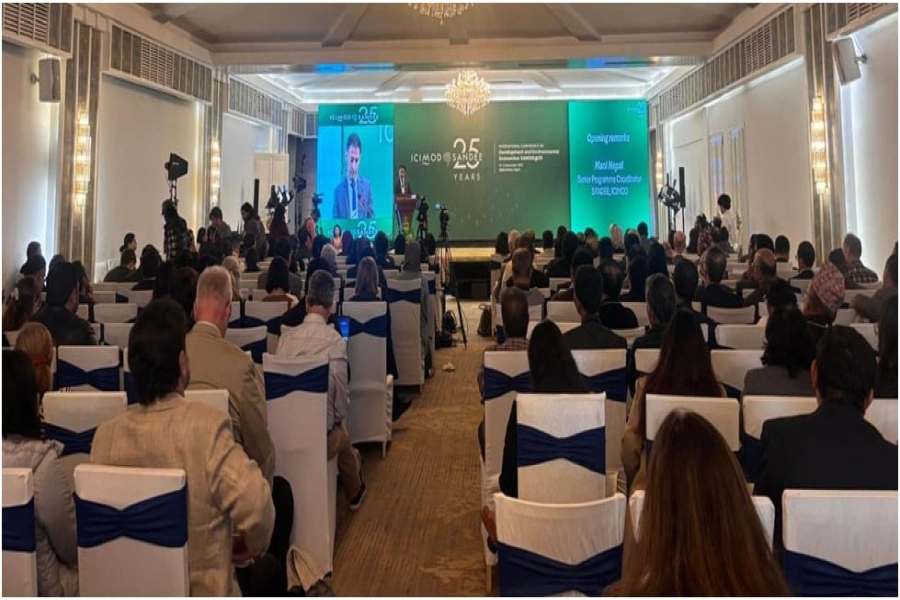KATHMANDU, Nov 4: The United Kingdom government has contributed £4.49 million (equivalent to Rs 678 million) to the World Food Program (WFP) to help some of Nepal’s most vulnerable people cope with the COVID-19 pandemic and provide food security and nutrition recovery support for their families.
According to a press statement issued by the World Food Program, the UK will provide immediate, much-needed assistance to more than 157,000 most-vulnerable COVID affected people desperately struggling to feed their families in some of the most remote parts of the country.
Households under risk of food insecurity to get identity cards

As per the second household survey report on the impact of COVID-19 on household food security and vulnerability in Nepal produced jointly by the Ministry of Agriculture and Livestock Development and WFP Nepal, over 20 percent of households in Nepal are severely food insecure, meaning they struggle to buy or produce enough food to live a healthy life, while around 43 percent of children between 6 to 23 months do not have enough variety in their diet, and importantly COVID-19 continues to negatively impact the livelihoods of Nepalese households.
The UK aid contribution will allow WFP to support 65,000 people affected by the socio-economic impact of COVID-19 with cash-based assistance in five vulnerable districts of Province 2 (Sarlahi and Rautahat), Karnali (Kalikot and Dailekh), and Sudur-Paschim (Bajura) provinces.
This will also support 73,000 vulnerable young mothers and children in all the eight districts of Province 2 with a combination of nutritious food and counseling to promote nutrition education. “Since April, we have already reached out to 38,250 pregnant and lactating mothers in 5 districts of Province-2 with DFID support in 2020,” said the WFP statement.
The UK aid will also allow the WFP to support 19,000 people with employment opportunities through working on trail and bridge improvements in areas of Gorkha, Dhading, and Rasuwa districts that were affected the most by earthquakes in 2015.




